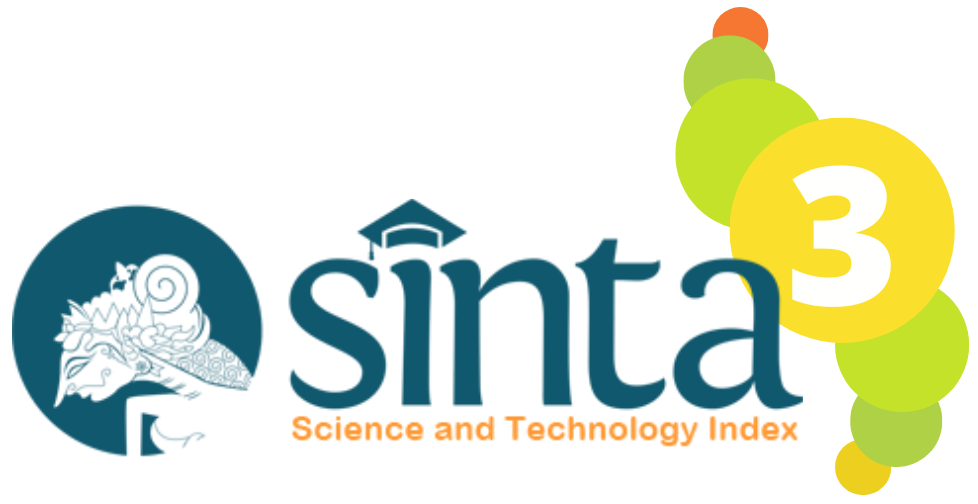UJI DAYA HAMBAT EKSTRAK ETANOL 70% BIJI PEPAYA (Carica papaya L.) TERHADAP BAKTERI Propionibacterium acnes PENYEBAB JERAWAT
DOI:
https://doi.org/10.36423/pharmacoscript.v3i2.400Abstract
Pepaya terkenal sebagai tanaman berkhasiat yang dapat menyembuhkan berbagai macam penyakit, salah satunya biji Pepaya yang dapat digunakan sebagai antibakteri. Penelitian ini bertujuan untuk mengetahui senyawa apa saja yang terkandung dalam biji Pepaya, dan bagaimana pengaruh konsentrasi ekstrak etanol 70% biji Pepaya terhadap daya hambat bakteri P. acnes. Pada uji efektivitas ini metode penelitian yang digunakan adalah metode difusi sumuran. Metode ini digunakan untuk mengetahui pengaruh konsentrasi ekstrak etanol 70% biji papaya terhadap penghambatan bakteri p acnes. Berdasarkan hasil skrining fitokimia, ekstrak positif mengandung senyawa alkaloid, saponin, dan tanin. Hasil uji efektivitas ekstrak etanol 70% biji pepaya dengan konsentrasi 100%, 90%, 80%, 70%, 60%, 50%, 40%, 30%, dan 20% menggunakan metode difusi sumuran menunjukan bahwa ekstrak etanol 70% biji Pepaya dapat menghambat pertumbuhan bakteri P. acnes dengan kemampuan menghambat tertinggi pada konsentrasi 100% yaitu sebesar 8,083 mm (kategori sedang). Sedangkan konsentrasi terendah yaitu 20% dengan zona hambat sebesar 3,383 mm (kategori lemah).Downloads
Published
2020-08-31
Issue
Section
Articles
License
Authors who publish with this journal agree to the following terms:
- Authors retain copyright and grant the journal right of first publication, with the work [SPECIFY PERIOD OF TIME] after publication simultaneously licensed under a Creative Commons Attribution License that allows others to share the work with an acknowledgement of the work's authorship and initial publication in this journal.
- Authors are able to enter into separate, additional contractual arrangements for the non-exclusive distribution of the journal's published version of the work (e.g., post it to an institutional repository or publish it in a book), with an acknowledgement of its initial publication in this journal.
- Authors are permitted and encouraged to post their work online (e.g., in institutional repositories or on their website) prior to and during the submission process, as it can lead to productive exchanges, as well as earlier and greater citation of published work (See The Effect of Open Access).









